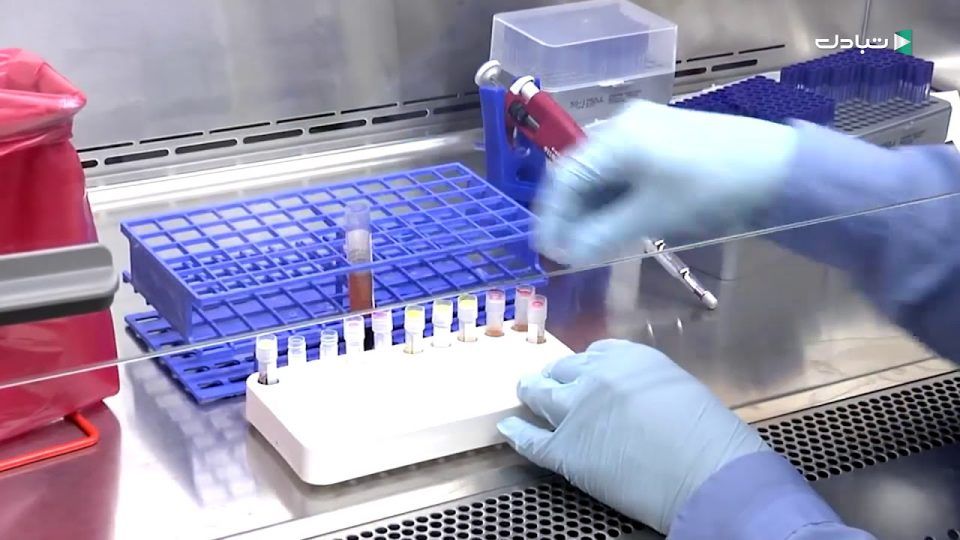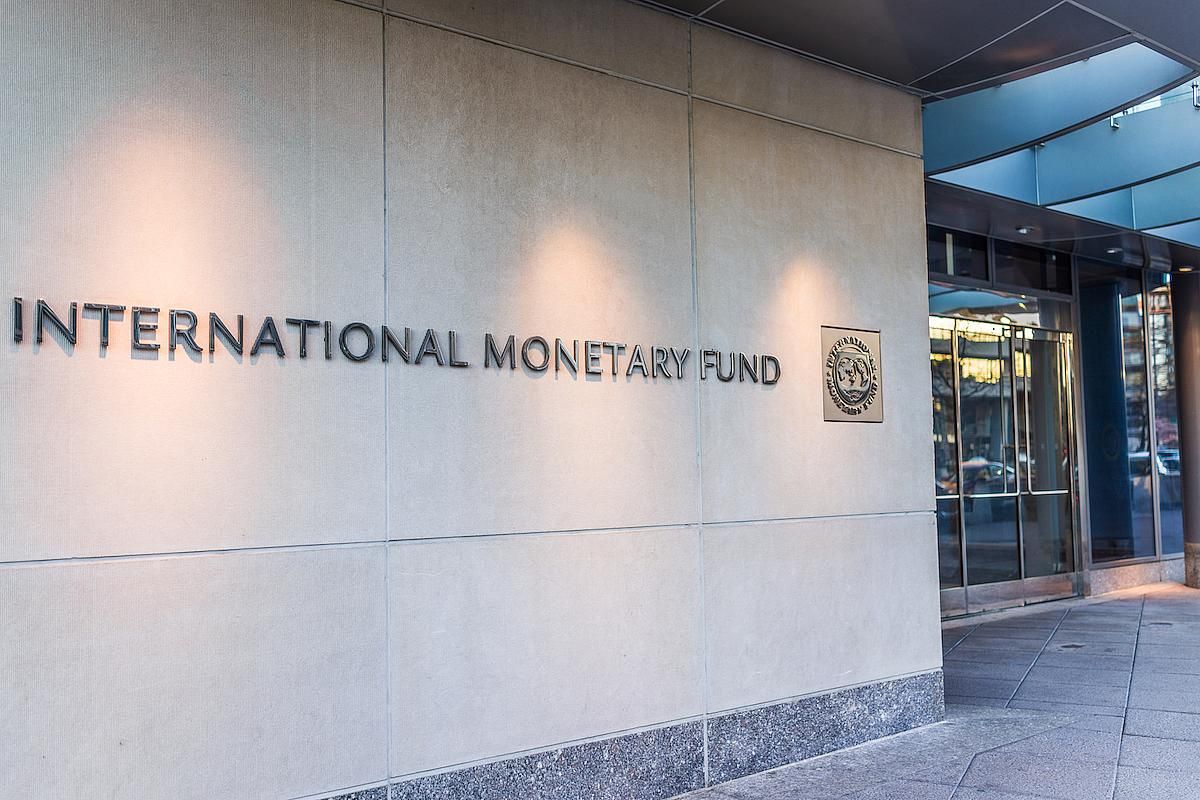NOC confirms illegal closure of pipeline providing gas to the power stations and strategic factories in Western Libya
In a statement today, the National Oil Corporation (NOC) confirmed the illegal closure on Thursday April 9, 2020, of a gas pipeline which provides approximately 200 million cubic feet of gas daily to cement factories and to el-Khoms and Misurata power stations, causing shortages in electricity supplies to the western region. The pipeline was shut at valve LVS-5 in the region of Sidi el-Sayeh.
NOC and its subsidiary Brega Petroleum Marketing Company (BPMC) are now directing imported diesel to power stations that can use liquid fuels. However, this will increase costs and put further pressure on reduced budgets, due to the ongoing disruption of local refineries as a result of oil blockades in the country.
“At a critical juncture in the fight against COVID-19, some Libyans decided to abuse the situation and starve the capital of electricity. This puts more pressure on NOC to import large quantities of fuel, which is especially difficult due to the new restrictions put in place to stop the spread of the disease,” said NOC chairman Mustafa Sanalla, “This criminal and inhumane closure must end immediately without delay.”






